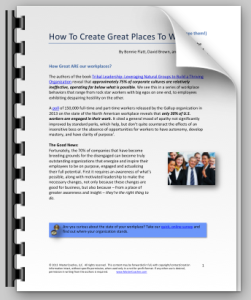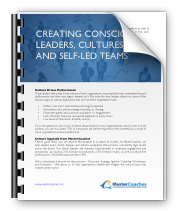It’s day 3 or 4 now of my vacation in paradise. An interesting side note to our journey in Yosemite came in the laundry facility at Housekeeping Camp. While unloading our laundry we overheard a lady asking the attendant how long he’d been there. She was coming there for five years now and remembered he’d always been there. He smiled and replied “Over thirty years.” He went on to explain that they give him a studio apartment for $25/week, including all utilities. He has a BBQ and the best view in the world. Someone would need to pay him a lot more money to beat that, he remarked. Besides, what could be better?
Being out if touch with “civilization” for over a week provided a refreshing perspective. I felt like it made it easy to be in touch with, be present with, what really mattered. I’m not saying that things outside my own little piece of the world don’t matter. Nor am I advocating isolation. But I am saying that we are bombarded by so many agendas from so many places that it becomes easy to lose perspective, and maybe lose ourselves.
Another fortuitous side trip was reconnecting with an old colleague in CA, Barry Bettman, a huge fan of Tribal Leadership and soon to be certified Tribal Leader. I had already discovered Tribal Leadership, a wonderful and compelling notion of leadership and organizational cultures that I am certain we will be sharing more about. The reconnection with Barry on this trip was not insignificant. Nor our laundry attendant.
The connection has to do with core values. A key tenet of Tribal Leadership is this:
The extent to which you can find the core values of the people who you actually have in your organization is the extent to which you can have high performance. The deeper you go, the greater the commitment (to the core values). People’s ability to produce long term commitment goes up (the endurance of the commitment) when connected to core values.
In working with leaders I notice how easy it is to lose track of the importance of core values. Distractions and urgencies overshadow them and people find themselves doing work they’re only superficially connected to, while conversely living with a deep void they can’t quite put their finger on. Marshall Goldsmith’s recent research confirms that successful people enjoy what they are doing and find meaning in their work. Think of conversations you have overheard in workplaces. Our laundry attendant seemed more connected to his work and his life than most others I’ve interacted with in what would seem to be “far better positions.”
Marcus Buckingham said “Leaders spend time reflecting.” That is where the opportunity to notice such things arises. Escaping to the beauty of nature is one way to hit the pause button and reflect on what is truly important. But we must take time to do this in our everyday lives, wherever they be. This is why conversation and connecting to others at a deep level is so important.
Not coincidentally a client whom I introduced to Tribal Leadership (and who embraced and ran with it in her organization) was discussing with her peers the dreaded performance reviews that executives loathe to do. Because they did them so infrequently these reviews became a chore. But my client had a different take. She made it a habit to actually have conversations with her people on a frequent basis. She felt like the true intention of the performance review was being carried out on a daily basis by actually connecting with her people, and stimulating them to be connected to why they were doing what they were doing. These were often deeper conversations than one would expect. In fact her peers were shocked that she had time for such things. Yet her division had the highest performance and least turnover of any in the organization.
What are your thoughts about the role of connection with core values and meaningful work in an organization (and in your own life)?What are the implications for both employees and consumers? How can you tell if a company culture is connected around core values?
Feel free to share your thoughts!







Social Links